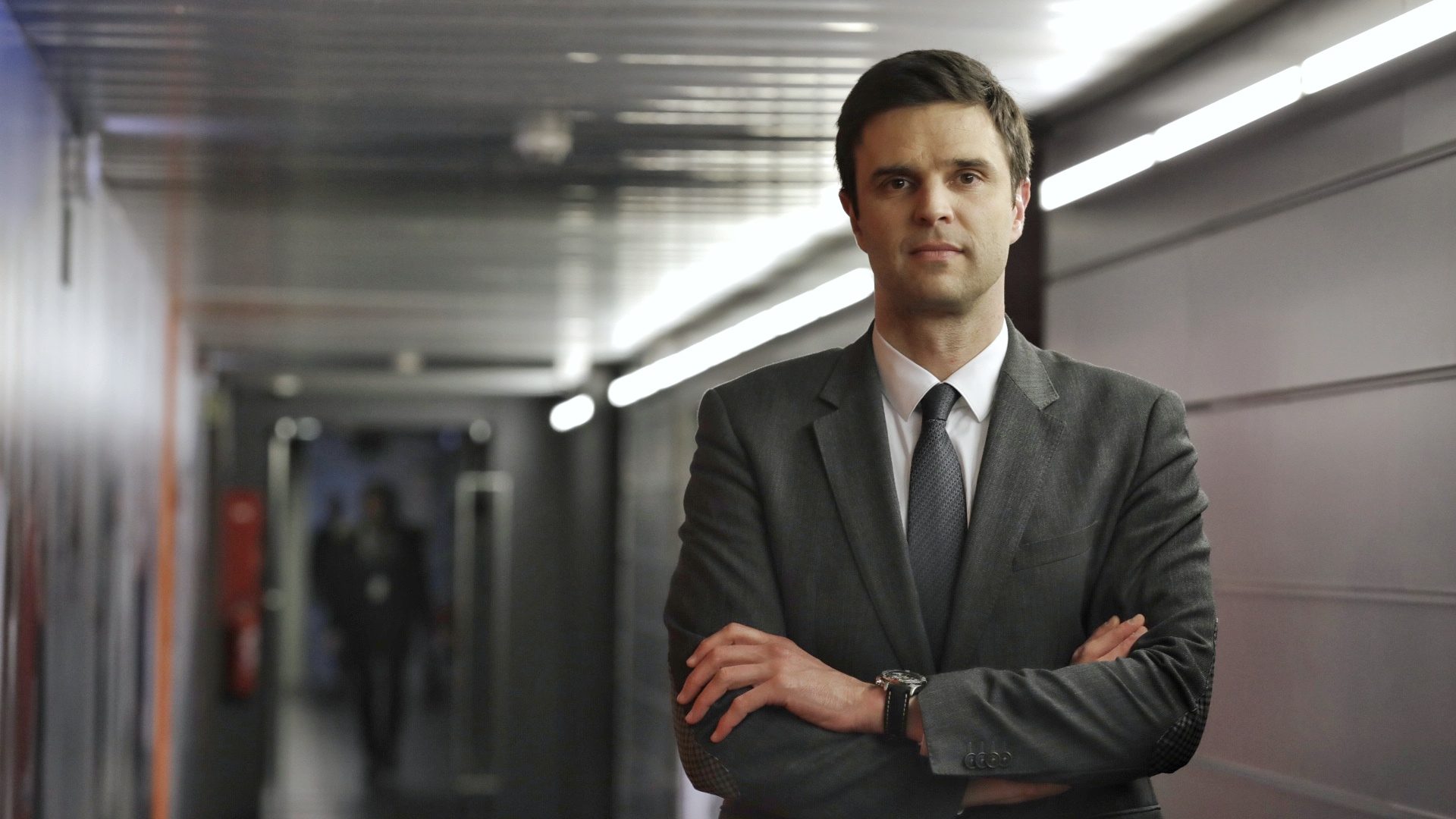Pharma Bial invests €30M to double production capacity
At stake is a €30 million investment in a new antibiotics factory and in the expansion of the Bial group's industrial building, which translates into more than doubling production capacity.
Strengthening the production capacity and autonomy in the supply of medicines for the different markets where it operates, namely the US, was the objective of the €30 million investment inaugurated on Friday by Bial at its Trofa campus.
In a meeting with journalists on the sidelines of the inauguration of the new antibiotic factory and the expansion of the Portuguese pharmaceutical company’s industrial area, the chief executive officer (CEO), António Portela, said it was the “first major industrial investment” made at the campus, which now covers more than 24 hectares and where the company has been based for 27 years.
“The truth is that, until today, we have made two expansions in the Research & Development area (because that is what is most important for us), but we hadn’t made any in the industrial area”, he said, stressing: “Basically, we are preparing our industrial campus for the next 10, 15, 20 years”.
At stake is a €30 million investment in a new antibiotics factory and in the expansion of the Bial group’s industrial building, which translates into more than doubling production capacity.
“In general terms, in the main factory that already existed, we had the capacity to produce 10.5 million packages. We now have a capacity of 23 million. In antibiotics, we went from 1.5 million to three million. Therefore, we have more than doubled our capacity”, said the CEO.
In the industrial building, with an area of over 10,000 square meters, the investment “will respond to the specific characteristics of some international markets”, as is the case of the North American market (where the packaging of medicines is made in bottles, instead of the traditional ‘blisters’ used in Europe), allowing Bial to produce in Trofa the medicines it exports to the USA.
“Today we produce in Canada for the USA and, as of the middle of next year, we will start to produce and export directly from here to the USA”, explained António Portela.
Thus, the new facilities include an automatic bottle packaging line with an average capacity of 3,000 bottles/hour, allowing Bial to produce and package from Portugal the two medicines of its own research – for epilepsy and Parkinson’s disease – that it markets through local partners in the US, a market that, in 2021, represented 21% of the company’s turnover.
Additionally, the expansion of the Bial campus includes a new antibiotic factory, whose construction began in May 2021, which is “a self-sufficient unit, with infrastructures in terms of production, quality control and warehouse”.
According to the CEO, this unit “will respond to the demands and specific needs inherent to the manufacture of antibiotics”, reinforcing the installed capacity in a “critical and strategic area” where the Portuguese pharmaceutical company says it has, “if necessary, conditions to ensure annual production equivalent to the consumption of the antibiotic most used in Portugal”.
With “installed capacity to double production from 1.5 million blister and bottle packs to three million packs”, the new antibiotic factory will direct 50% of production to external markets.
Stressing that these investments reflect Bial’s “strong industrial commitment” to Portugal, Portela assured that the country “is the base, the centre of the company’s operations, both at an industrial level and in research projects”.
“We are exporting the medicines we produce and our innovative technology to patients around the world. We are exponentially increasing our industrial capacity, fulfilling the ambition of the progressive reindustrialisation of Portugal and Europe,” he added.
After invoicing €310 million in 2020 and €325 million in 2021, Bial expects to end this year – which the CEO described as “a tough year” – with a “small growth” year-on-year.
The Portuguese and Spanish markets currently account for around half of the company’s total turnover, while the USA represents 21% and the remainder is mainly concentrated in Europe and Japan.
In the antibiotics segment, 50% of the Portuguese pharmaceutical company’s sales are to the domestic market, with “most” of the remaining sales being channelled to emerging markets, namely in Latin America and Africa, and also to some European countries.


